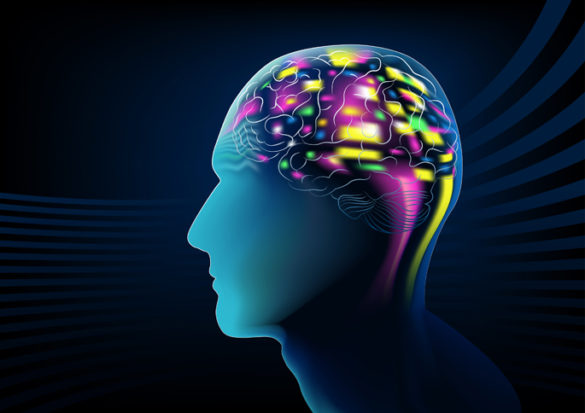by Leigh MacMillan
In individuals with early psychosis or schizophrenia, studies have found that the anterior hippocampus — a brain region involved in memory and emotion — is hyperactive.
Alan Lewis, MD, PhD, and colleagues are exploring how this baseline hyperactivity influences and impairs cognitive processes, with the idea that normalizing the hyperactivity may improve learning and memory. They used chemogenetic activation and in vivo photometry recording in rodent models to evaluate a hippocampal neuronal circuit between ventral mossy cells and dorsal dentate gyrus (DG) granule cells during exploratory behaviors and memory tasks.
They found that ventral mossy cells were activated during exploratory rearing and made inputs to dorsal DG granule cells. Chemogenetic hyperactivation of ventral mossy cells during an object location memory training phase impaired test performance 24 hours later but did not affect locomotion or object exploration.
The findings, reported in the August issue of Biological Psychiatry: Global Open Science, suggest that ventral mossy cell hyperactivation may interfere with dorsal DG function, supporting continued studies of this brain circuit in animal models for schizophrenia.
This research was supported by the National Institutes of Health (grants MH116339, NS107424), Nicholas Hobbs Discovery Grant and Vanderbilt Department of Psychiatry and Behavioral Sciences.

















